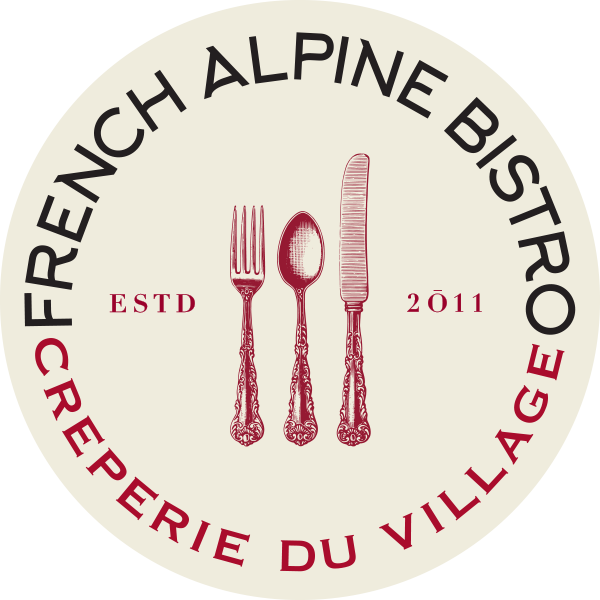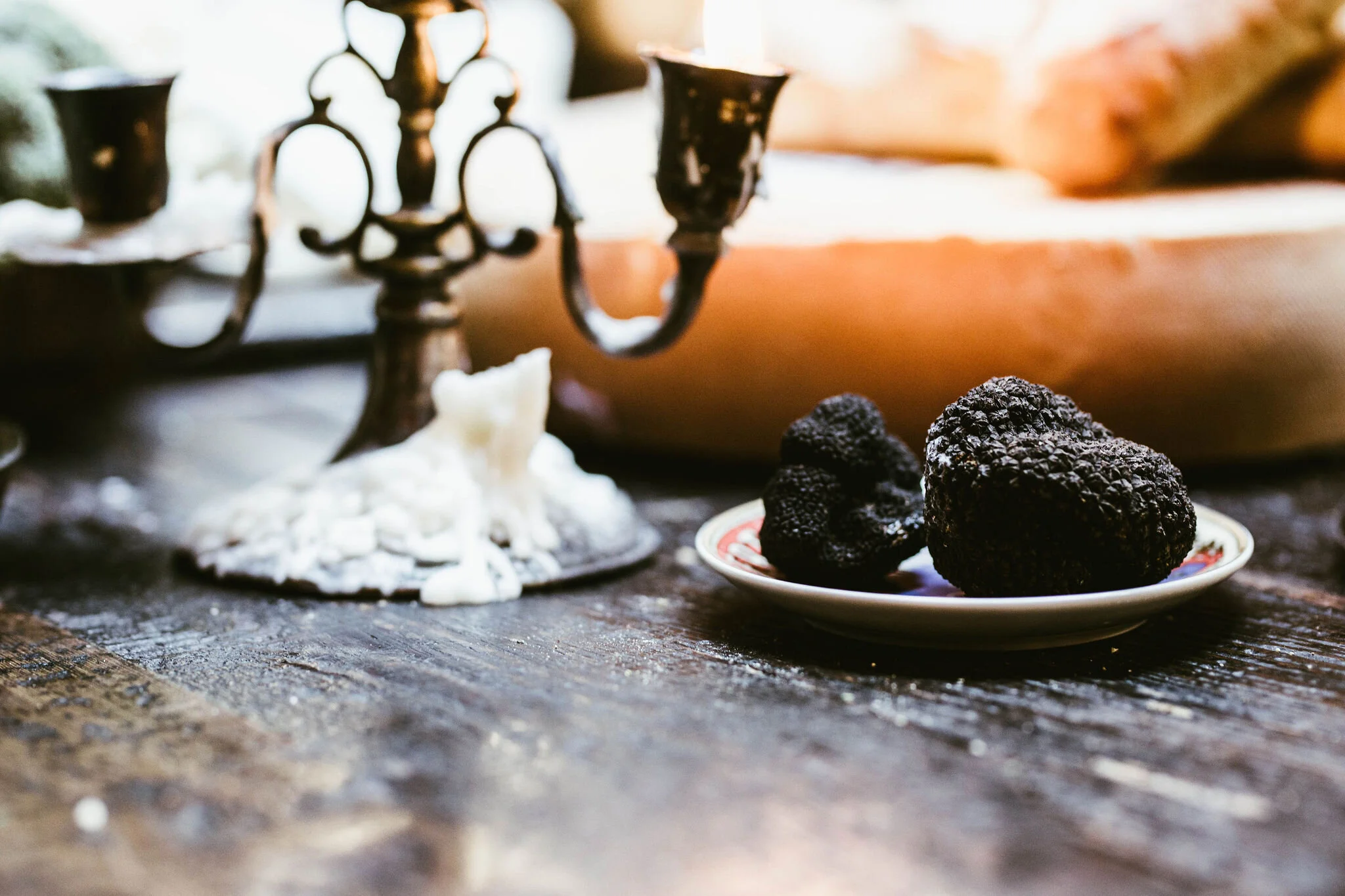Truffles, the Diamonds of the Kitchen
Jean Anthelme Brillat-Savarin, the 18th century French gourmand, once referred to truffles as the “diamonds of the kitchen,” and for centuries the world has agreed.
What are truffles?
Truffles are treasured culinary gems and part of the mushroom family. They grow and draw nutrients from the roots of trees and develop their musky flavor and distinctive smell.
Why the price tag?
Truffles are extremely difficult to find and they only grow in very specific kinds of soil and trees. Because they live inside tree roots, their seeds cannot be planted anywhere. Trained dogs and other animals with great senses of smell find them on the surface and people then dig them up.
When it comes to the far rarer and pricier truffle, there’s a vigorous black market in what the Church once dubbed “the devil’s fruit”.
The journey from soil to plate - no walk in the park.
Our truffles get shipped in a cargo refrigerated and temperature controlled flight from either Italy or France to New York. Truffle shipments then arrive fresh in Aspen and onto our tables 48 hours from harvest.
Dog theft, or even worse, poisoning is also sadly common. The truffle dog being the hunter’s best friend; pigs are said to have better noses, but are far more reluctant to hand over their spoils.
Because of their price tag, truffles have become one of the most expensive commodities in the culinary world. The exact locations are always kept super secret.
When a raw, fresh truffle, be it black or white, is shaved over a hot dish, the heat unlocks the delicate, yet intoxicating flavors.
Don’t be Fooled by the Oil - Get the Real Deal
You’ve probably been a victim of the greatest fungi fraud of all: truffle oil. Knowing the power and magic that fresh truffles hold, Chef Eric and his team do not welcome truffle oil in the French Alpine Bistro kitchen.
Truffle oil substance has been described as “garbage olive oil with perfume added to it” by Joe Bastianich, founder of the New York City food emporium, Eataly. Typically truffle oil doesn’t even contain real truffles.
Truffles & Wine - A Match Made in Heaven
Whether you opt for white, red or sparkling, it largely has to do with what else is on the plate. A wine that has some age to it (at least three years old) compliments the earthiness and complexity of the truffle fragrance. Stay away from something too acidic, young or fruity.





